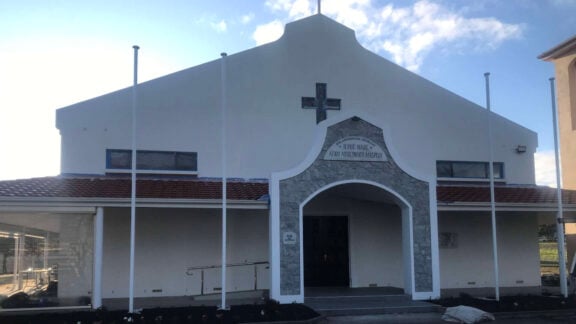The Hellenic Ministry of Culture, Education and Religious Affairs has announced a village dating to perhaps 2,500BC has been discovered by researchers diving off the coast of Greece.
While the underwater archaeology team from the University of Geneva was training at Lambayanna beach in Kiladha Bay, they discovered the well-preserved remains of a Bronze Age Greek village.
The specific, south of Athens, is rich in ancient settlements and artefacts; however the students did not expect to find evidence of an entire village hidden beneath the waves.
The settlement, which dates back approximately 4,500 years, covers an area of 12 acres and consists of stone defensive structures, paved surfaces, pathways, towers, pottery, tools, and other artefacts.
Archaeologists returned in 2015 to perform an official and thorough inspection of the site, discovering several evident and well-preserved buildings among the ruins.
Researchers of the massive expedition overseen by the Swiss School of Archaeology in Greece speculate that the cause of sinking is either rising sea levels or shifting tectonic plates.
Professor Julien Beck of the University of Geneva called the site an “archaeological paradise”, saying the foundations are of a “massive nature, unknown in Greece until now”.
“The importance of our discovery is partly due to the large size. There must have been a brick superstructure above a stone foundation. The chances of finding such walls underwater are extremely low. The full size of the facility is not yet known. We do not know why it is surrounded by fortifications,” Beck added.
Source: Spero News








